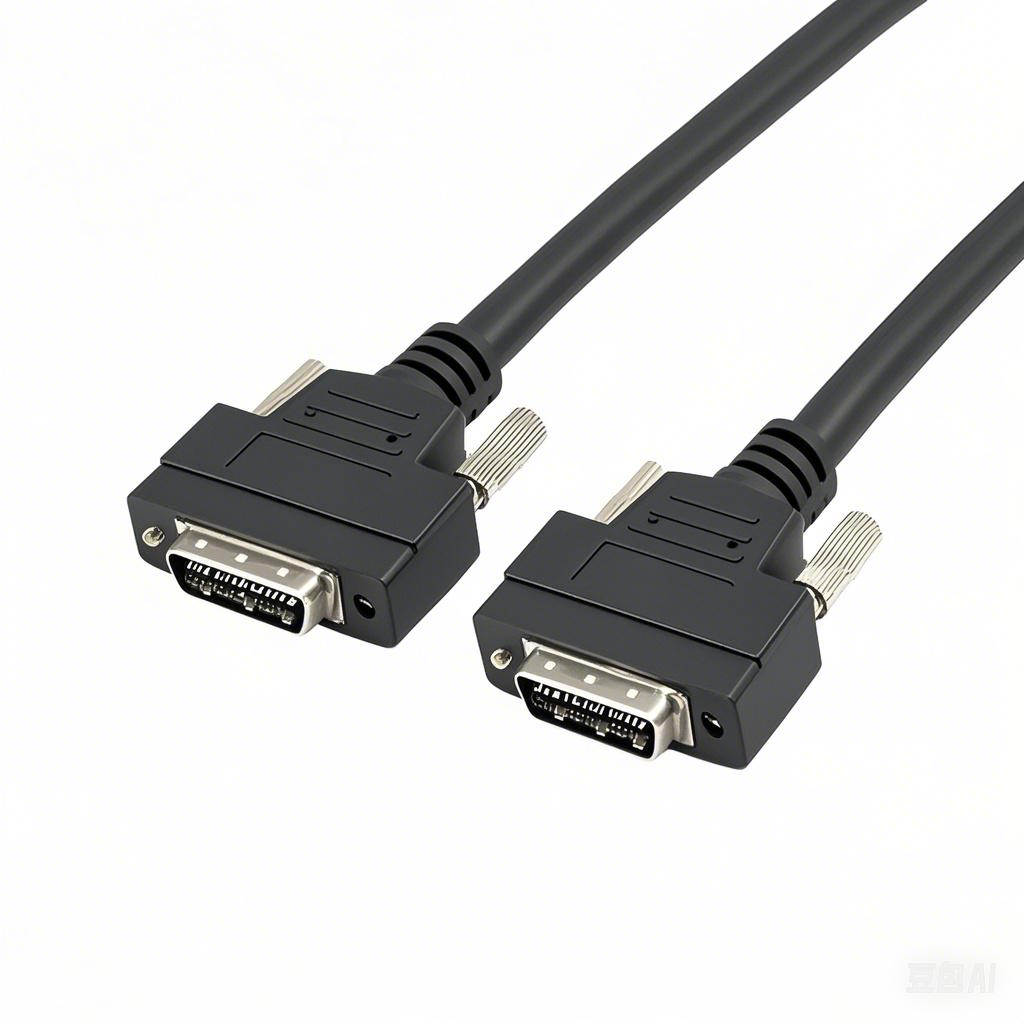Are there high-voltage machine cable options
Yes, there is a diverse range of high-voltage machine cable options tailored to the specific demands of industrial machinery operating under high-voltage conditions. These cables are engineered with specialized materials and structures to ensure safety, reliability, and performance in scenarios such as power transmission for heavy-duty motors, transformers, and industrial processing equipment. Below is a detailed breakdown of common options, their core features, and key considerations for selection.
1. Common high-voltage machine cable options
1.1 Cross-Linked Polyethylene (XLPE) Insulated Cables
XLPE-insulated high-voltage cables are among the most widely used options for industrial machinery. Their insulation layer is made of cross-linked polyethylene, which offers several critical advantages:
- Electrical performance: Low dielectric loss and high insulation resistance, enabling stable power transmission for machinery operating at 10kV–33kV (medium to high voltage).
- Thermal resistance: Withstands long-term operating temperatures of 90–105°C and short-term overloads up to 130°C, suitable for machinery with continuous high-load operation.
- Environmental adaptability: Resistant to aging, UV radiation, and environmental stress cracking, making it compatible with both indoor (e.g., factory power distribution cabinets) and outdoor (e.g., open-air industrial cranes) installations.
1.2 Ethylene Propylene Rubber (EPR) Insulated Cables
EPR-insulated cables are designed for harsh working environments, with core strengths focused on flexibility and corrosion resistance:
- Flexibility: The rubber insulation layer has high elasticity, allowing the cable to bend repeatedly without cracking—ideal for mobile machinery such as conveyor belts, robotic arms, and submersible pumps.
- Corrosion resistance: Unaffected by moisture, oils, solvents, and ozone, making it a top choice for machinery in marine engineering (e.g., shipboard power systems), chemical processing plants (e.g., reactor power lines), and mining (e.g., underground mining equipment).
- Thermal stability: Long-term operating temperature ranges from 125°C to 150°C, outperforming traditional PVC cables in high-temperature scenarios.
1.3 Mineral Insulated (MI) High-Voltage Cables
MI cables are the go-to option for critical machinery requiring maximum safety and high-temperature tolerance. They consist of a metal sheath (usually copper or steel) filled with magnesium oxide (MgO) mineral insulation:
- Fire resistance: Non-flammable and emits no toxic gases when exposed to fire, meeting strict fire safety standards (e.g., IEC 60702). This makes it essential for machinery in nuclear power plants (e.g., reactor cooling system motors), data center emergency backup generators, and industrial furnaces.
- Extreme temperature tolerance: Operates stably at temperatures up to 250°C, and can withstand short-term exposure to 400°C—suitable for high-temperature processing equipment like glass melting furnaces or metal heat treatment machines.
- Mechanical strength: The metal sheath provides excellent resistance to impact, abrasion, and rodent damage, ensuring durability in harsh industrial settings.
2. Key factors for selecting high-voltage machine cables
To choose the right cable for your machinery, focus on the following four aspects:
- Voltage rating matching: Select cables with a rated voltage equal to or higher than the machinery’s operating voltage (e.g., 10kV machinery requires cables rated for 10kV or 15kV) to avoid insulation breakdown and electrical hazards.
- Environmental conditions: Assess temperature fluctuations, moisture levels, chemical exposure, and mechanical stress (e.g., bending frequency) to match the insulation material (e.g., EPR for wet environments, MI for high temperatures).
- Mechanical requirements: For stationary machinery (e.g., fixed transformers), prioritize thermal resistance and electrical performance; for mobile machinery (e.g., robotic arms), prioritize flexibility and abrasion resistance.
- Compliance with standards: Ensure cables meet international certifications such as IEC 60502 (power cables), UL 1581 (electrical cables), or GB/T 12706 (Chinese national standard) to guarantee quality and safety.
3. Choose reliable cables from FRS brand factory
When it comes to sourcing high-voltage machine cables that balance performance, safety, and durability, FRS brand factory is your trusted partner. FRS specializes in manufacturing the full range of cables mentioned above—XLPE, EPR, and MI high-voltage cables—all produced in strict compliance with global standards.
FRS leverages advanced extrusion and metal sheathing technologies to ensure consistent insulation quality and mechanical strength. Whether you need cables for chemical plants, nuclear facilities, or mobile industrial machinery, FRS offers customized solutions (e.g., tailored voltage ratings, insulation thickness, or sheath materials) to meet your specific needs. With rigorous quality testing (including voltage withstand, thermal aging, and fire resistance tests), FRS cables deliver long service life and stable performance, minimizing downtime for your machinery.
Choose FRS high-voltage machine cables—power your industrial operations with confidence.











